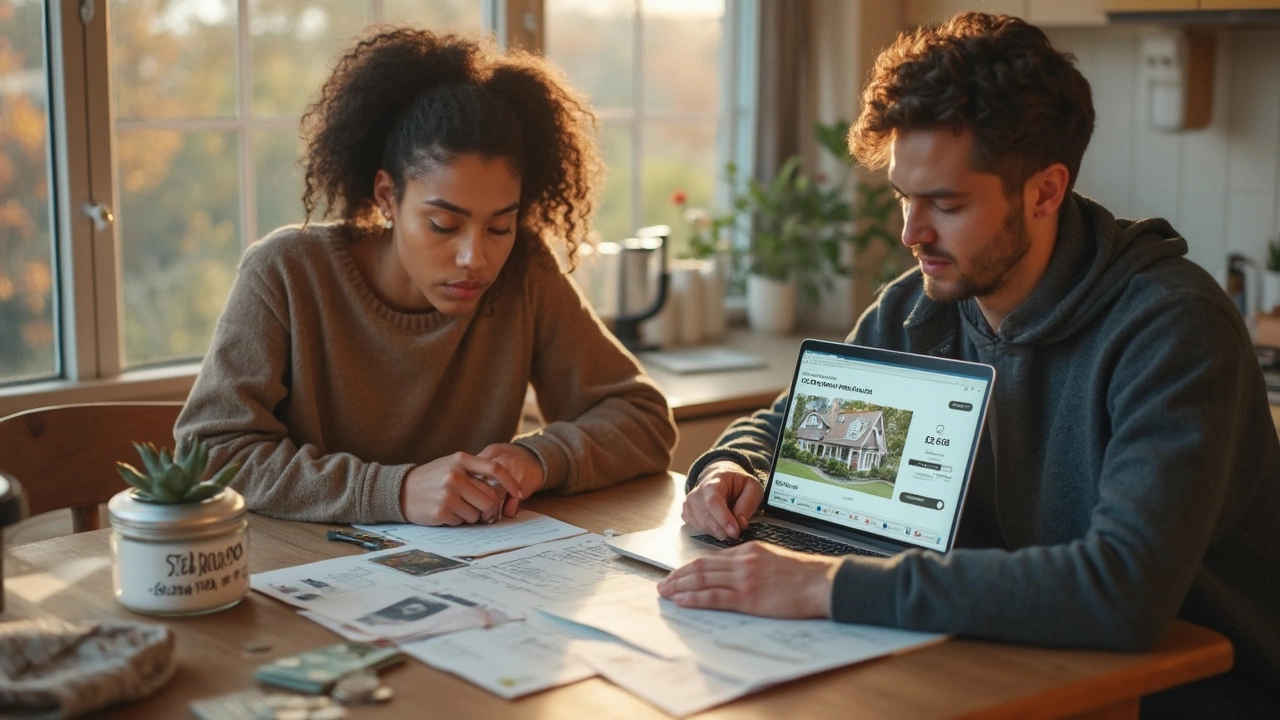How to Buy a £200k House in the UK
If you’re hunting for a home that costs around £200,000, you’re in the sweet spot for many first‑time buyers. It’s not cheap, but it’s also not out of reach if you plan smart. Below you’ll find the basics you need to get the keys without surprises.
How Much Do You Need to Put Down?
The biggest question is the down payment. Most lenders expect at least 5% of the purchase price, which works out to £10,000 on a £200k house. Some schemes let you go lower – for example, the Help to Buy equity loan can cover up to 20% of the price, leaving you with a 5% cash deposit.
Remember that the deposit isn’t the only cash you’ll need. You’ll also face stamp duty, legal fees, and a survey. For a £200k property, stamp duty is usually £0 if you’re a first‑time buyer, but you should budget another £1,500‑£2,000 for solicitors and a basic survey.
Finding the Right £200k Property
Location matters more than the number on the price tag. In England, you’ll find many £200k homes in the North, the Midlands, and some parts of Scotland and Wales. Look for areas with good transport links, schools, and local amenities – these factors keep your home value stable.
Use online portals to set a maximum price filter at £200,000. Save searches and set up email alerts so new listings land in your inbox. When you spot a property, act fast: make a quick appointment, ask about the seller’s motivation, and be ready to submit a strong offer.Mortgage options vary. A 25‑year fixed‑rate deal is popular, but you might consider a shorter term if you can afford higher monthly payments – it saves interest over the loan’s life. Shop around and use a mortgage calculator to see how different rates affect your budget.
Don’t forget government schemes. The Lifetime ISA lets you save £4,000 a year, and the government adds a 25% bonus – that could be £1,000 extra each year toward your deposit. Combine this with a Help to Buy equity loan and you could lower your cash outlay dramatically.
Finally, get a realistic view of monthly costs. Add mortgage repayments, council tax, utilities, and any service charges if you’re buying a flat. A good rule of thumb is that all housing costs should stay below 30% of your net income.
Buying a £200k house isn’t magic – it takes planning, a clear budget, and a bit of hustle. Use the tips above, stay organized, and you’ll be on the road to owning a home you can call yours.

How Much Is a Downpayment on a 200k House? Get Real Numbers & Tips
Wondering how much cash you’ll need for a downpayment on a $200,000 house? This article breaks down the numbers, typical percentages, and loan options for first-time buyers. Get the facts about what lenders expect, how you can lower your upfront costs, and some honest advice to avoid surprises. Find out which programs could help if you’re short on savings. By the end, you’ll know exactly what to expect and ways to prepare.